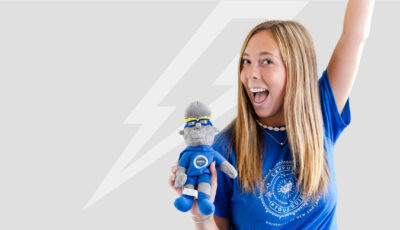Featured Story
Cheers to 20 years of Bobolinks and Savannah Sparrows!
Savannah Sparrow (photo by Phil Stollsteimer (2021 field crew)) A lot can happen over 20 summers in hayfields in Shelburne, Vermont. Between 2002-2021, we banded 9,760 individual Bobolinks and Savannah Sparrows, found and monitored 3440 of their nests, and tracked dozens of them to and from their distant breeding grounds. We deployed five types of cutting edge miniaturized tracking devices (not all of which worked!), analyzed DNA with diverse molecular techniques (ditto!), built massive statistical…

Recent Posts from our Sites



Directory of University Faculty Sites
- AgingME: Geriatrics Workforce Enhancement Program (GWEP)
- Arts Program Senior Thesis Projects
- Biomedical Sciences Research
- Burkholder Lab
- Byron Marine Ecology Lab
- Center for Excellence in Aging and Health
- Center for Excellence in Public Health
- Center for Excellence in Public Health – Project ECHO
- Healthcare Story Slam
- Maine AHEC Network Blog
- Maine Ideas Fund
- Maine PCSS-U
- Mohan Shark and Fish Ecology Lab
- Northern New England Champions Grant
- Office of Innovation • P.D. Merrill Makerspace
- Office of Research and Scholarship
- Perlut Lab
- Reading Comprehension and Cognition Lab
- School of Pharmacy
- The Burman Collaborative
- The Environmental Advisor
- The Maine Owl Pellet Project
- UNE Frederich Invertebrate Physiology Lab
- UNE NORTH: Center for North Atlantic Studies
- UNE Undergraduate Admissions
Interested in a Site?
Please fill out our registration form to get started.
